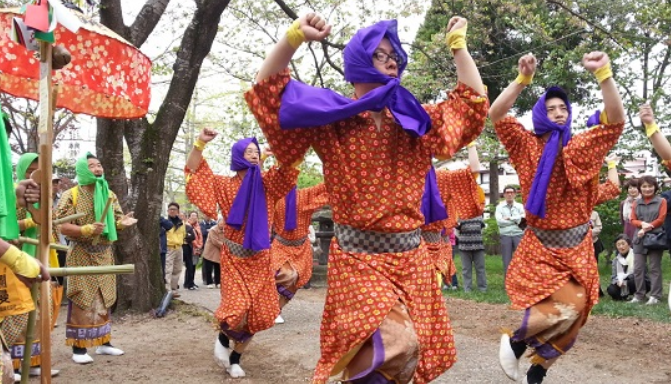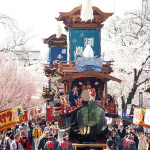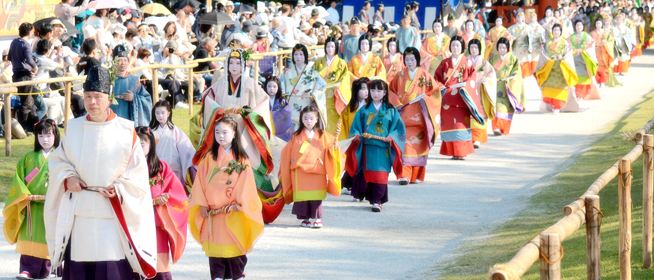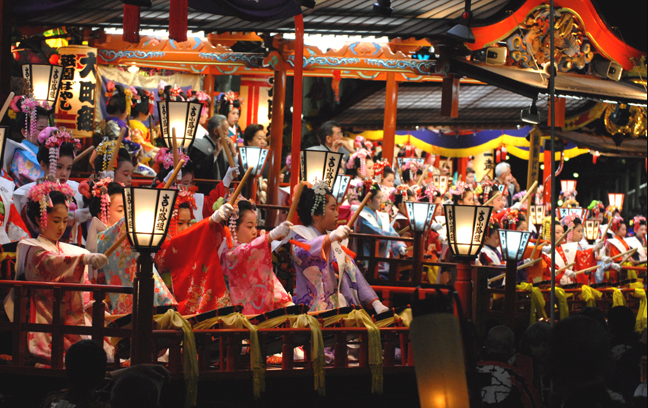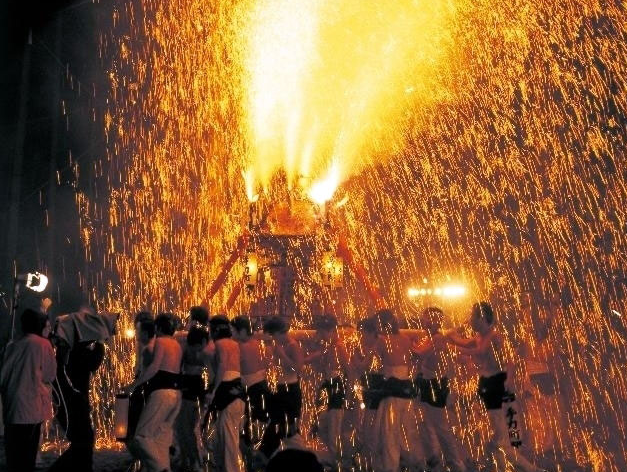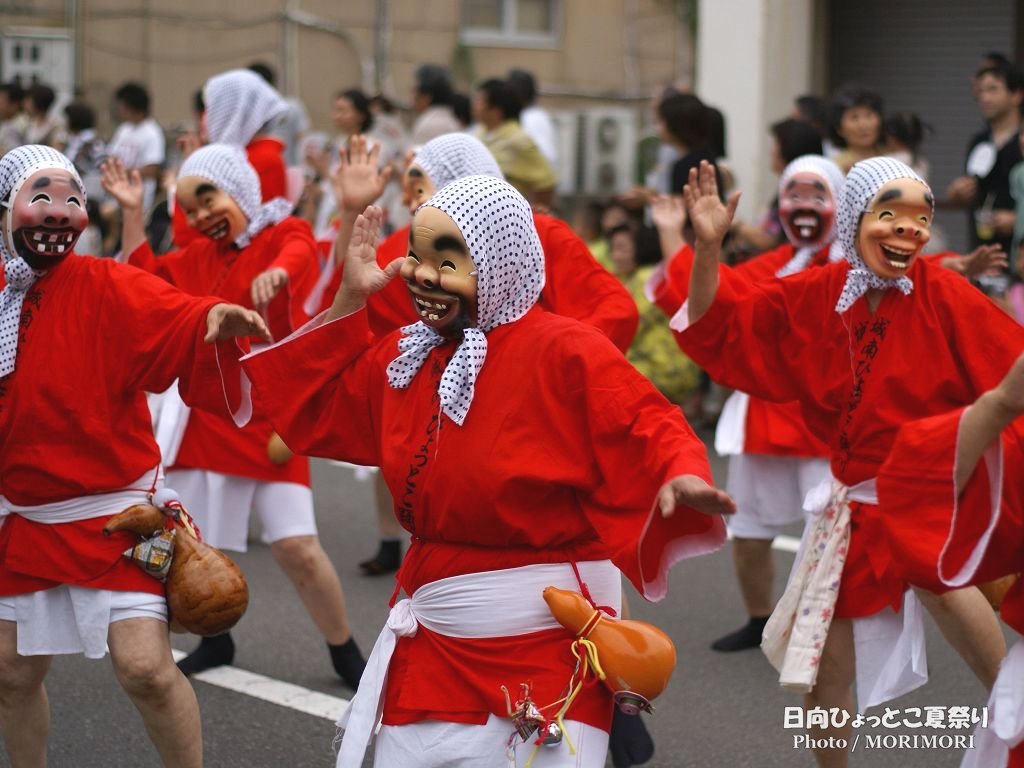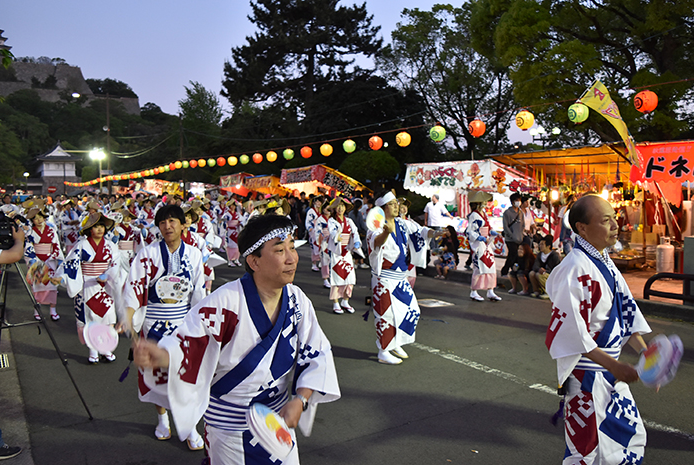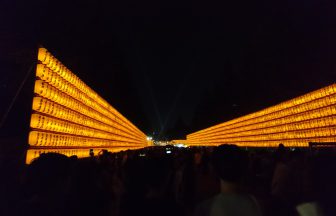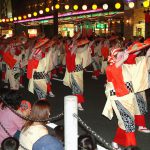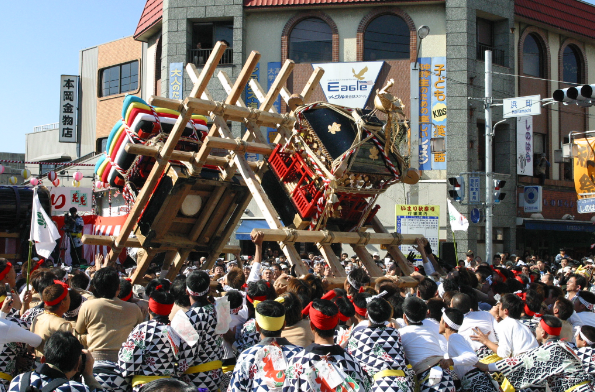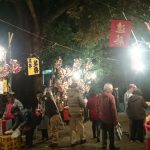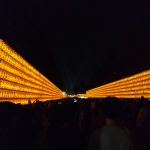The Scenic Beauty of Nature in Hachirogata Town
Located in the northwest of Akita Prefecture, Hachirogata Town is the smallest municipality in the prefecture but boasts spots and legends created by its abundant natural surroundings. One of its notable attractions is Lake Hachiro, which was once the second-largest lake in Japan (now known as the Remaining Lake Hachiro). It is a popular spot for both sightseeing and fishing, and when the lake freezes, you can enjoy smelt fishing in tents set up on the ice.
From the Sanbakura Park, you can overlook Hachirogata, where you will find “Otodono Cave.” This cave, formed by waves before the Common Era, enshrines Hachiryu Gongen and Otodono Daigongen. You can also find remains of Jomon period dwellings. The legend of Hachiro Taro from the Three Lakes Story is also passed down here.
Nearby “Iko no Mori” is the “Murakumo Waterfall,” originally known as “Takagasakayama Kannon Waterfall.” This waterfall, though with a relatively small volume of water, has an image of Fudo Myo-o carved into its rock face with Sanskrit characters, making it worth a visit.
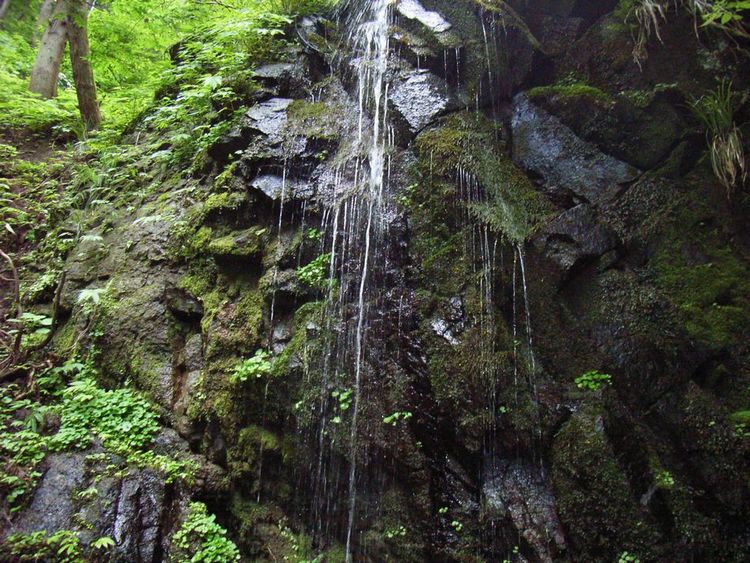
Source: Akita Prefecture Web Tourism Guide
Go See the Ganjin Dance
Location: Various places including Ichinichiichi Shrine, shopping streets, and station areas
Date: Every year on May 5th
Access: 10-minute walk from JR Ou Main Line “Hachirogata Station”
URL: Akita Prefecture Comprehensive Tourism Guide
The Ganjin Dance is a traditional dance performed annually on May 5th at Ichinichiichi Shrine in Hachirogata Town. It is a dance that prays for a bountiful harvest and prosperity, performed in front of the doorsteps and gardens of houses. After being dedicated at Ichinichiichi Shrine, the dance is showcased in the town’s shopping streets and in front of the station.
The song and dance are influenced by Ise Ondo, and a unique feature is the performance of a scene from Act 5 of the Kabuki play “Kanadehon Chushingura,” known as the “Yamazaki Kaido.” The Ganjin Dance is also registered as an Intangible Folk Cultural Property of Akita Prefecture.
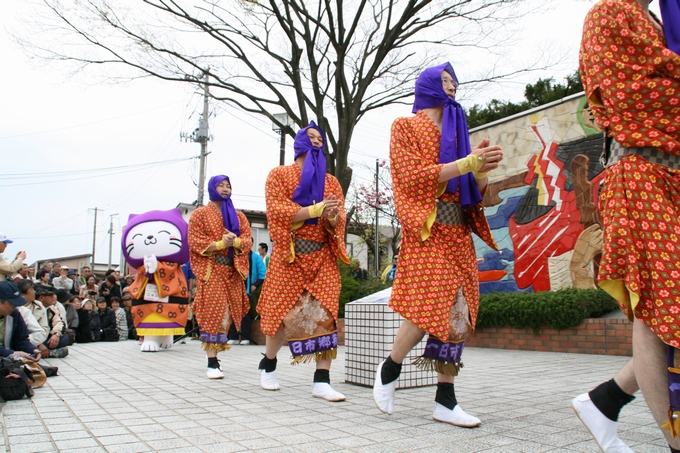
Source: Hachirogata Town Official Website
What is the Ganjin Dance?
The Ganjin Dance originated in the Edo period when lower-class Yamabushi and Shugen monks, known as Ganjin monks, spread Ise and Kumano worship through door-to-door performances. These monks traveled across the country, and it is believed that they brought the dance to Hachirogata Town. The Ganjin Dance in Hachirogata Town has a history of approximately 260 years.
In the Meiji period, skits were added to the dance, shaping it into its current form. The Ganjin Dance is characterized by its rhythmic and lively movements performed to a quick tempo. During the dance, a skit from Act 5 of “Chushingura” known as “Jikuro” is performed, adding to the enjoyment of the spectacle.
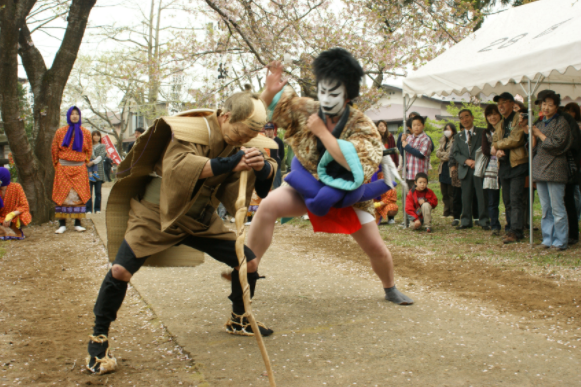
Source: Akita Fan Dot Com
The Tradition Continues
After World War II, changes in mindset and lifestyle led to a lack of successors, putting the Ganjin Dance at risk of disappearing. However, for about 30 years, the Ichinichiichi Local Arts Research Association has been holding classes to pass on the Ganjin Dance to children at Hachirogata Elementary School.
On the day of the festival, you can see children performing the dance with both innocence and vigor. The dedication to opening these classes, especially for local elementary school children, reflects the people of Hachirogata’s commitment to preserving their traditions. Why not visit and witness this remarkable dance for yourself?
Featured Image: Courtesy of Bunka de Genki
(Editor: 千八乃)


